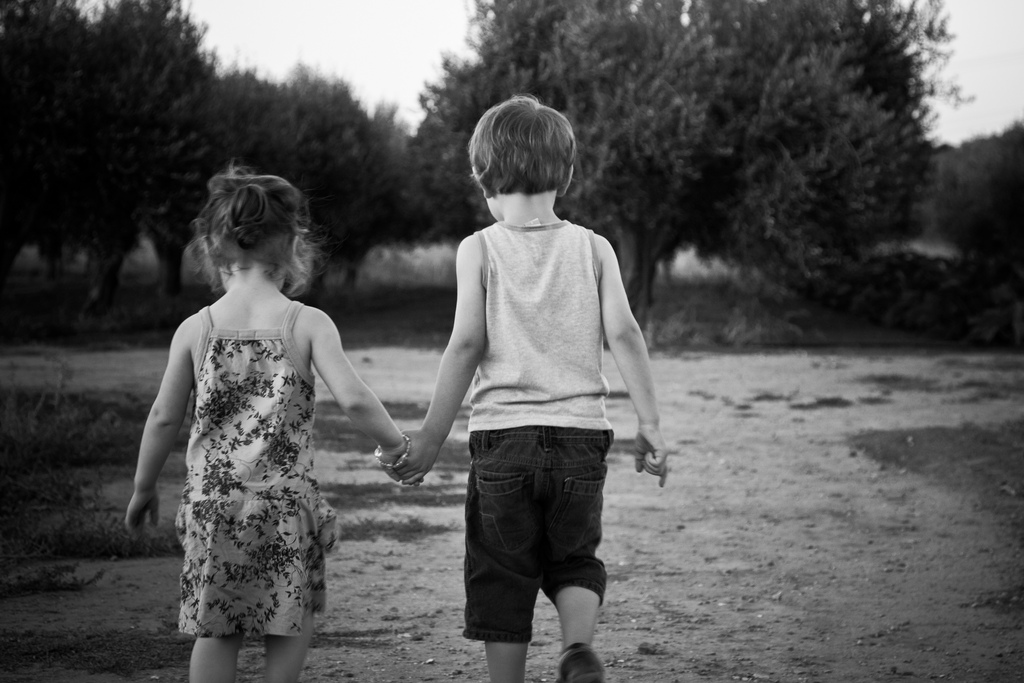The government has spent too long debating Brexit and not enough time focusing on social justice, which has had a negative affect on the development of children’s rights, argues a new report.
The annual report by the Children’s Rights Alliance for England has this year bemoaned Brexit’s dominance in the Commons while “at the same time child poverty has seen further increases, with a devastating impact on the most disadvantaged households”.
“Rising levels of poverty and homelessness represent an erosion and regression of children’s rights,” the report says.
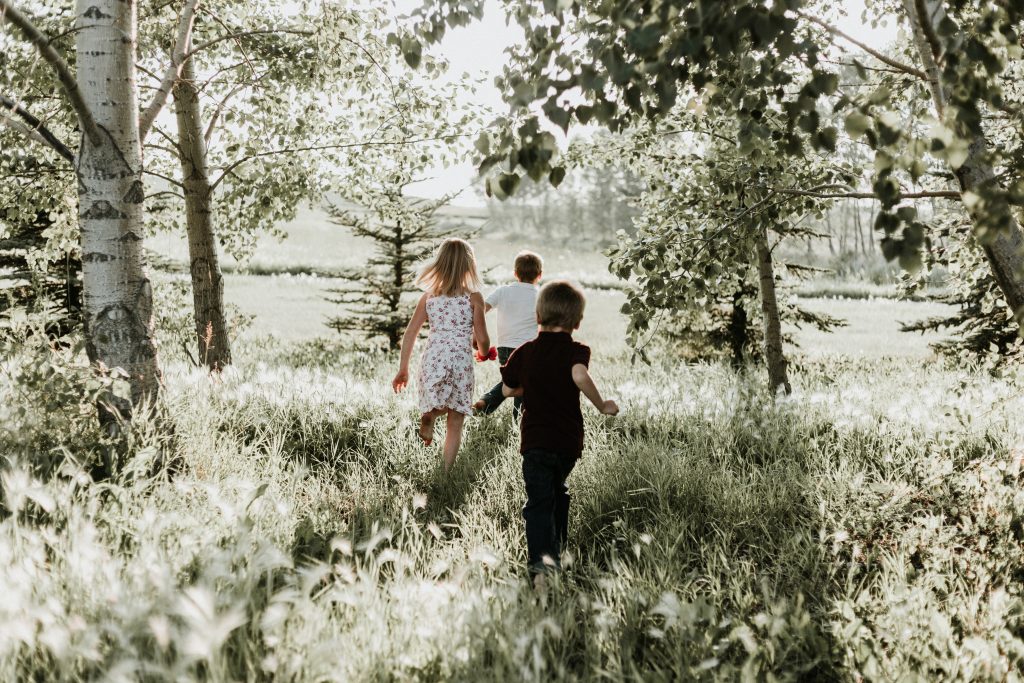
Image credit: Unsplash
The report also criticises the harmful impact Brexit legislation could have on the progression of children’s rights. For instance, the rights specifically given to children under article 24 of the EU Charter of Fundamental Rights have failed to be transposed into UK law as a part of the EU Withdrawal Act.
There is further concern that too much power has been given to ministers, who under the Withdrawal Act can “create statutory instruments to help with a range of legal issues caused by the UK’s exit” which may directly affect children’s rights.
Brexit Isn’t Safeguarding Children’s Rights
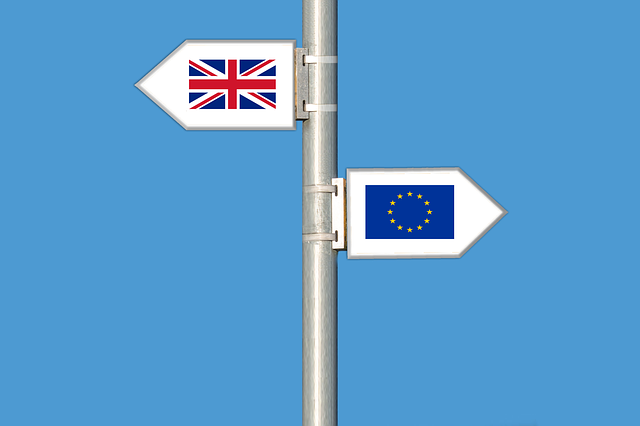
Image credit: Pixabay
The report argues that an impact assessment should safeguard children’s rights every time a change is proposed by ministers under the EU Withdrawal Act.
It also suggests that a cabinet minister responsible for children’s rights should be appointed and that they should be tasked with righting the wrongs emphasised by the UN Committee in 2016 when they examined the UK government’s compliance with the UN Convention on the Rights of the Child.
The report extensively researches eight key areas of children’s rights. Some of the most damning critical findings relate to children’s poverty, suicide rates and the behaviours of policing.
Children’s Poverty
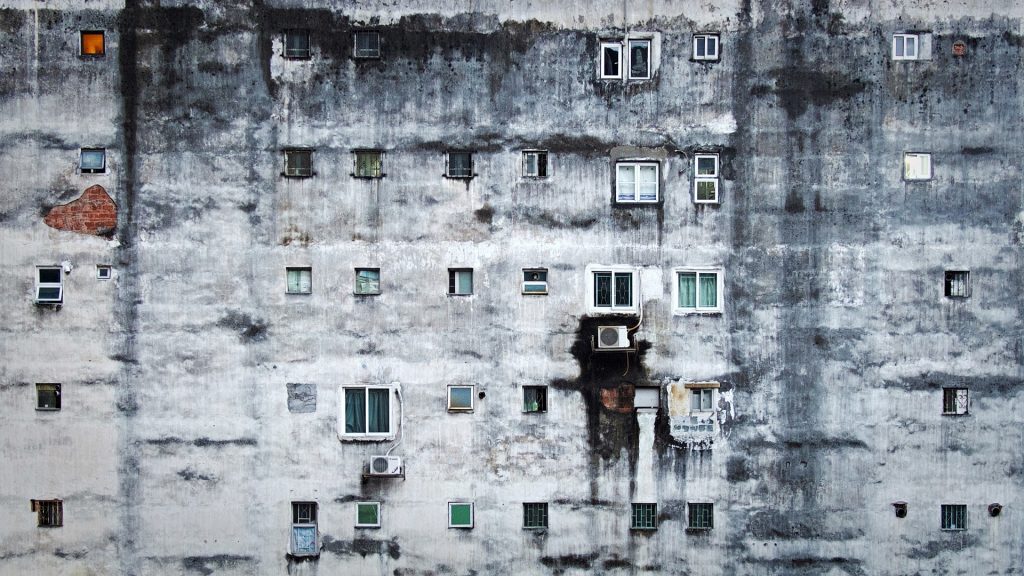
Image credit: Pixabay
The freeze on social security benefits and the rollout of Universal Credit are to blame for the erosion of children’s standard of living, the report argued.
In 2016 -17 the number of children living in relative poverty was 4.1 million, which when compared to figures from 2014 – 15 of 3.9 million illustrates a significant increase.
This comes despite government assurances that work is a route out of poverty. Despite such beliefs, two-thirds of children in poverty had one or more parent or guardian in work, according to the report.
Suicide Rates Increase
The number of children committing suicide in the UK has increased, though the report stops short at publishing further data. Alongside problems at home and at school, social media may be part of the problem, following the recent Instagram controversy over self-harm videos which founders now say have been deleted.
The report also reveals “shocking” findings around physical intervention and seclusion, detailing how over half of cases involved children between five and ten.
Mental health
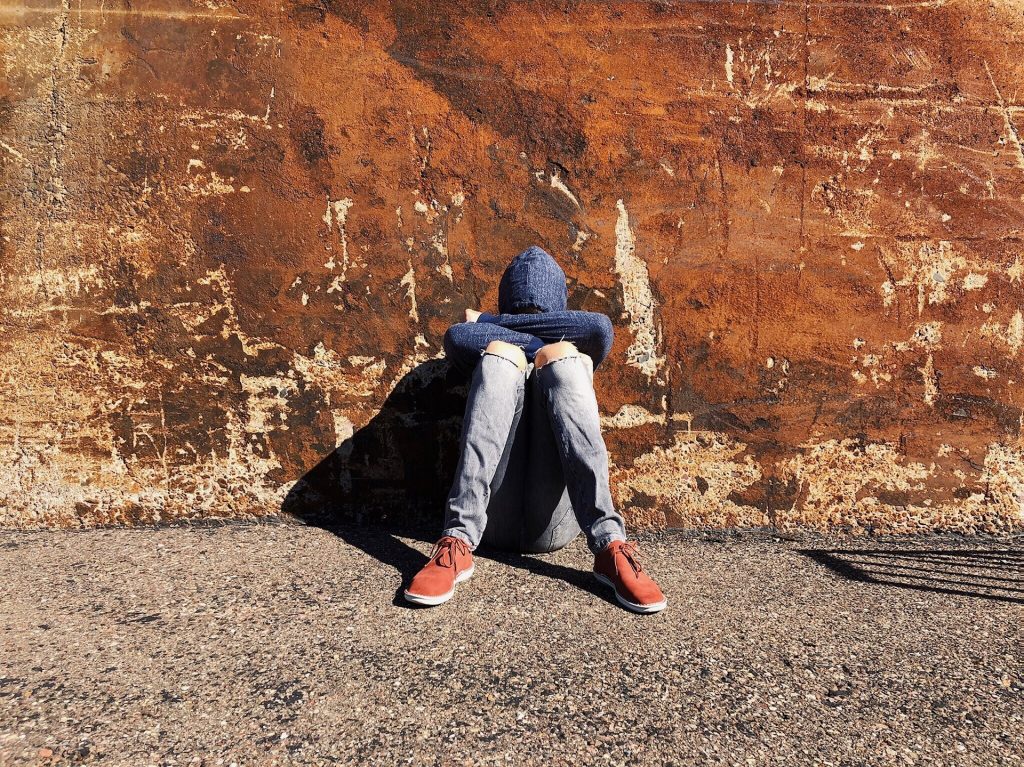
Image credit: Pixabay
The report marks positive steps in the development of conversations and healthcare implementation around mental health, despite trigger areas in other parts of a child’s life for bad mental health, including a “concerning” use of segregation in custody.
Schools have been strengthening the role of mental health as instructed by the Green Paper on Children and Young People’s Mental Health. Experts say this is a positive yet lacking step in the general promotion of the subject for young people, one in eight of whom between five and 19 had a mental health problem in 2017.
The report says services are struggling to cope with the demand and that a disparity in mental health between the poor and privileged is a “worrying trend”.
Policing
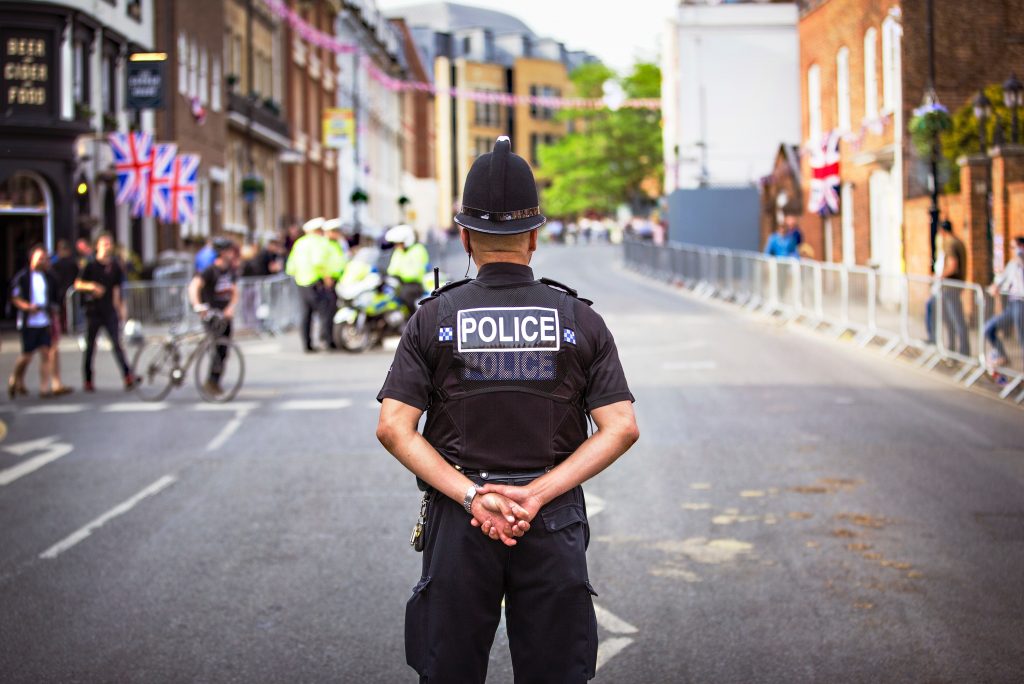
Image credit: Unsplash
Over half of children tasered by police are from black or minority backgrounds, the report finds as it calls for “urgent reform” of the way children are treated when they come into conflict with the law.
While arrests of children have reduced by more than two-thirds over the past seven years, the state of police interaction with children is problematic, argues the report. The amount of children to be tasered is increasing year-on-year, for instance, and early figures for the first nine months of 2018 look to continue that trend.
Furthermore, there has been an increase on the number of children segregated in custody, despite the overall drop in figures of detained children, which the report calls “extremely concerning.”
The report surmises: “While there are positive examples of government action to improve children’s rights highlighted in the report, for example, steps taken to better safeguard children in care and those with mental health issues, we still have a long way to go to achieve the positive vision of childhood set out in the UNCRC back in 1989.”
To read the full report visit the crae’s website.

